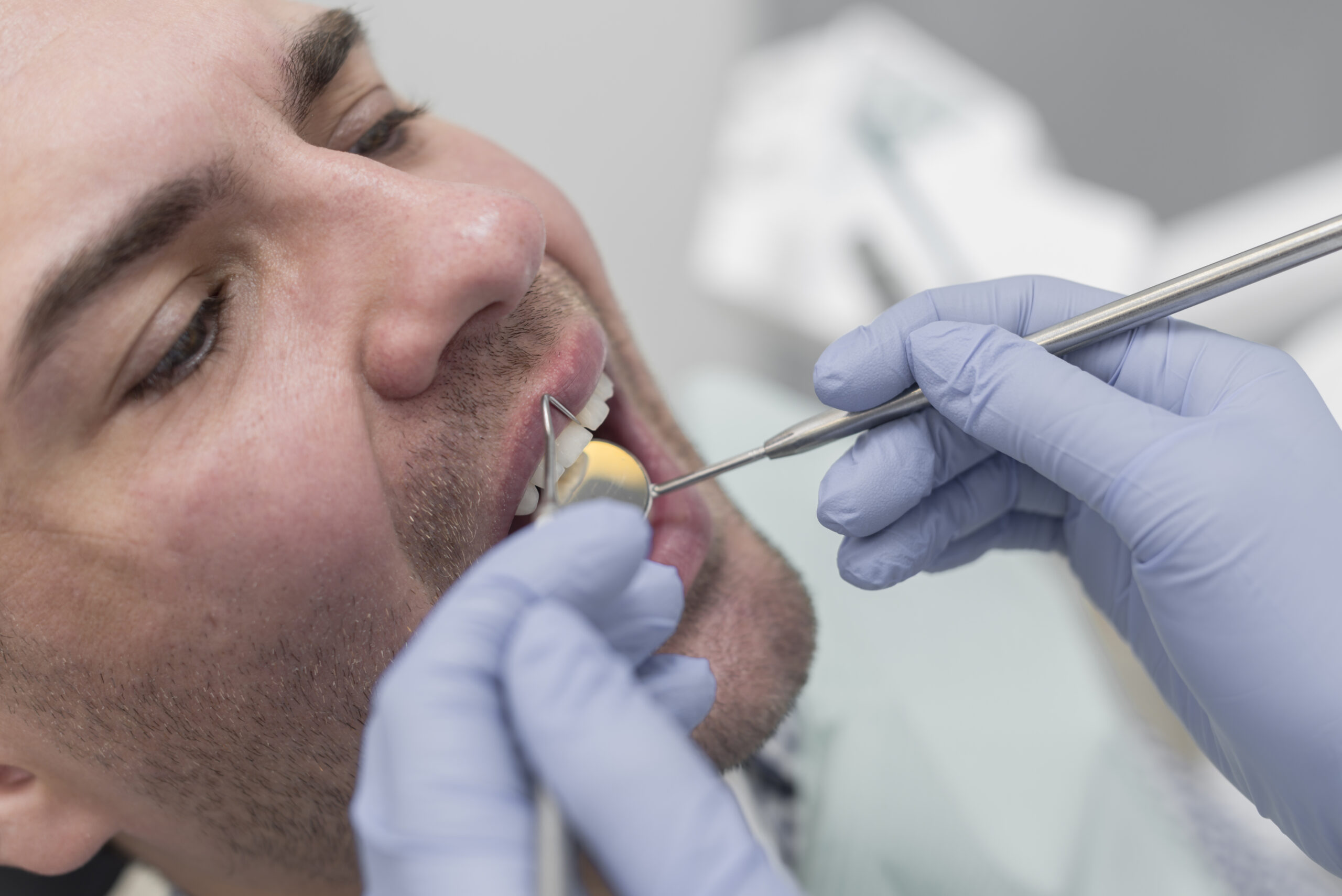Dental anxiety affects many individuals, leading to avoidance of necessary dental care and potential deterioration of oral health. In Frisco, Texas, where access to quality dental services is abundant, overcoming dental anxiety is crucial for maintaining optimal oral hygiene and preventing dental issues. This article provides a comprehensive guide with practical tips to help individuals in Frisco manage and overcome dental anxiety, ensuring a positive and stress-free dental experience.
Understanding Dental Anxiety
Dental anxiety is a common phenomenon characterized by fear or apprehension about dental visits and procedures. It can range from mild uneasiness to severe phobia, often stemming from past negative experiences, fear of pain, embarrassment, or a sense of loss of control. Overcoming dental anxiety involves addressing these underlying concerns and adopting coping strategies to manage anxiety effectively.
Tips to Overcome Dental Anxiety
1. Choose a Supportive Dentist
Finding a dentist in Frisco who understands and empathizes with dental anxiety is essential. Look for a dentist known for their gentle approach and compassionate care. Schedule a consultation to discuss your concerns before committing to treatment. A supportive dentist can alleviate fears and create a comfortable environment conducive to overcoming anxiety.
2. Communicate Openly
Open communication is key to managing dental anxiety. Discuss your fears and past experiences with your dentist. Express any specific concerns about pain, procedures, or dental instruments. A caring dentist will listen attentively and work with you to address your anxieties, ensuring a more positive dental visit.
3. Explore Relaxation Techniques
Incorporating relaxation techniques can help reduce anxiety before and during dental appointments. Practice deep breathing exercises, progressive muscle relaxation, or visualization techniques to calm your mind and body. Some dental offices in Frisco may offer amenities like soothing music or distraction techniques to enhance relaxation during treatment.
4. Schedule Appointments Wisely
Choose appointment times that work best for you, such as during calm periods of the day when the dental office is less busy. Avoid scheduling dental visits during stressful times or when you have other commitments that may increase anxiety levels.
5. Bring a Support Person
Having a trusted friend or family member accompany you to dental appointments can provide emotional support and reassurance. They can help alleviate anxiety by offering encouragement and distraction during procedures.
6. Learn About Procedures
Fear of the unknown can contribute to dental anxiety. Ask your dentist to explain procedures in detail beforehand, including what to expect during and after treatment. Knowing what will happen can reduce uncertainty and help you feel more in control during dental visits.
7. Consider Sedation Options
For individuals with severe dental anxiety or complex dental procedures, sedation dentistry offers options to manage anxiety effectively. Discuss sedation options such as nitrous oxide (laughing gas), oral sedatives, or intravenous (IV) sedation with your dentist to determine the most suitable approach for your needs.
8. Gradual Exposure
If dental anxiety is severe, consider gradually exposing yourself to dental environments and procedures. Start with simple visits for routine cleanings or check-ups to build confidence and trust with your dentist. Gradually progress to more involved treatments as you become more comfortable over time.
9. Seek Psychological Support
For persistent or debilitating dental anxiety, consider seeking support from a mental health professional specializing in anxiety disorders. Cognitive-behavioral therapy (CBT) and exposure therapy can help individuals address underlying fears and develop effective coping strategies specific to dental anxiety.
10. Maintain Good Oral Health Habits
Regular brushing, flossing, and preventive dental visits are essential for maintaining good oral health and reducing the need for extensive dental treatments. By prioritizing oral hygiene, you can minimize the likelihood of dental issues that may exacerbate anxiety.
Conclusion
Overcoming dental anxiety in Frisco requires a proactive approach that addresses individual fears and preferences. With the right dentist, open communication, relaxation techniques, and support systems in place, individuals can effectively manage anxiety and receive necessary dental care comfortably. By taking steps to understand and overcome dental anxiety, residents of Frisco can maintain optimal oral health and achieve a positive dental experience that supports lifelong oral hygiene practices. Remember, you are not alone in your journey to overcoming dental anxiety—seeking support and implementing these tips can make a significant difference in your dental care journey.



